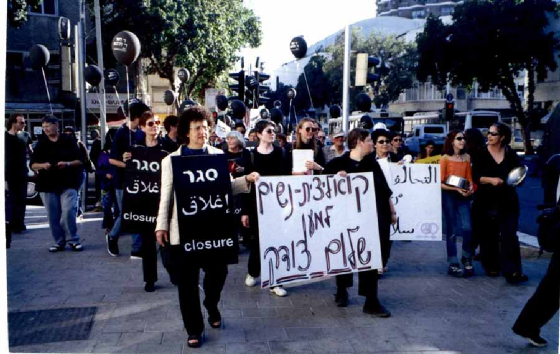Freedom fighter
(Sunday 21 January 2007)
Thomas Paine: His Life, His Time and the Birth of Modern Nations
by Craig Nelson (Profile, £20)
THE publisher’s blurb holds Craig Nelson’s panoramic life of the man who, with mock modesty, claimed: “To share in two revolutions is living to some purpose”, to be “a much-needed biography.”
This is surprising, as an internet search records about 124,000 references on its Paine listings.
These include a number of recent biographies of this “citizen of the world,” even one by that doubtful luminary Christopher Hitchens, which was dismissed by one reviewer as “a very long short book.”
Nelson’s book, at nearly 380 pages including notes and sources, is not one of those worthy academic tomes, but it certainly rates as a very short long book.
Long, because Paine‘s fascinating life, which was both shaped by and shaping the contours of his momentous times, was epic in scope.
Short, because Nelson writes with a touch of theatrical flamboyance that carries the reader on an unflagging tide of interest.
He also conveys an infectious enthusiasm for his subject, “a central figure in the creation of the modern world.”
After Thomas Paine‘s – in his time he was called Tom only by his detractors – abject 1809 death in the America that he had done so much to help free from the imperial British yoke, rejected by the home grown Establishment busily working against the very freedoms that he had so influentially espoused, his reputation underwent an orchestrated vilification which still has echoes today.
That reputation justly rests on three of the most potent political works in history.
The proof is demonstrable in the staggering circulation figures.
In 1776, his ruthlessly reasoned demolition of the pro-British case, Common Sense – a quarter of a million in a population of no more than three million – substantially revived the flagging independence cause.
The 1791 Rights of Man, his devastating answer to Edmund Burke‘s attack on the French Revolution, which led to his leaving Britain for revolutionary France only just ahead of the hangman, sold 50,000 copies alone in its first three months and those to a half-illiterate population of 10 million.
Finally, in 1794, his much-maligned surgical analysis of the manipulative superstition at the heart of organised religion, The Age of Reason, topped 100,000 copies when it reached America.
With his vivid imagery and caustic prose, Paine immersed himself in the American revolution, not only as its pamphleteering voice but also as a serving soldier.
Disillusioned, however, with the path taken by the new US – Paine coined the national name – and hounded from his British homeland by William Pitt’s own reign of terror, he was triumphantly received by a revolutionary France which was busily reshaping the world.
There, although elected to the National Convention, not being able to speak or read French, he was unable to take on the crucial role that he had played in America.
The Writer and Revolution: WSWS arts editor David Walsh in conversation with Trevor Griffiths—Part 1; including about Thomas Paine: here. Part 2 is here.
Playwright TREVOR GRIFFITHS talks to Bernadette Hyland about the continuing significance of the 18th century radical Thomas Paine: here.

